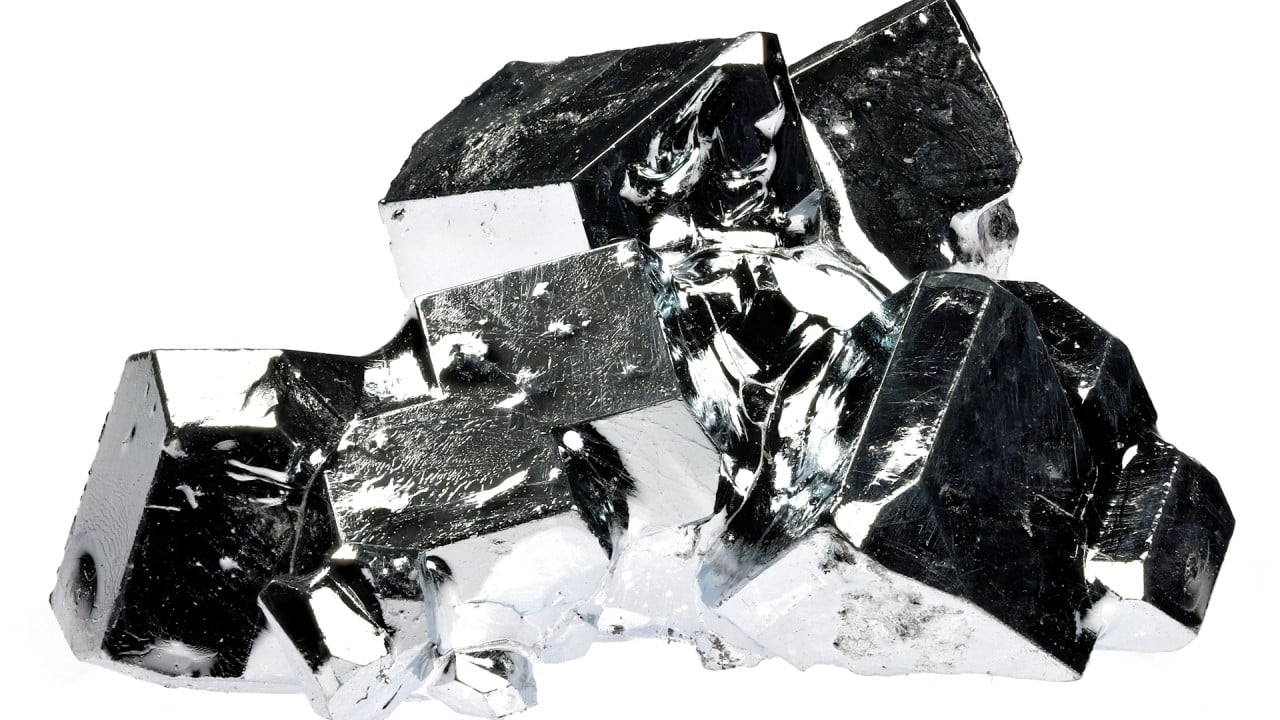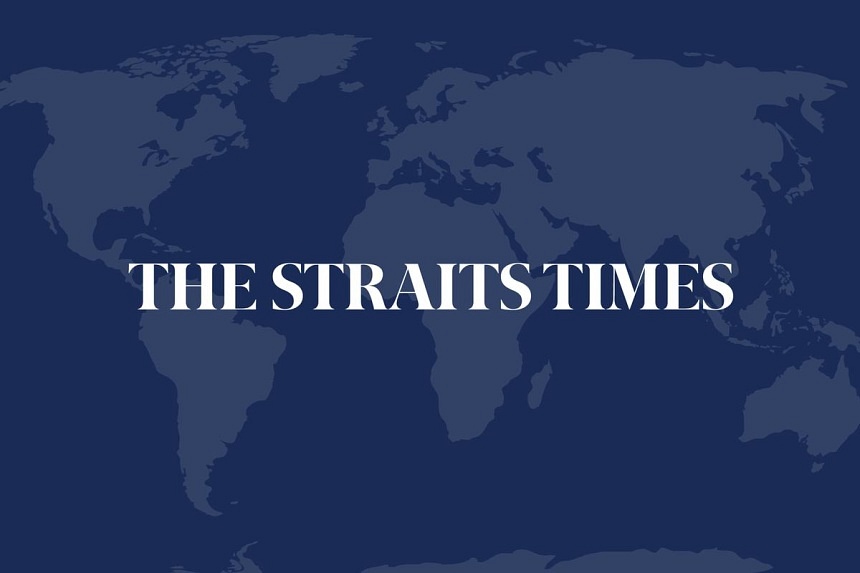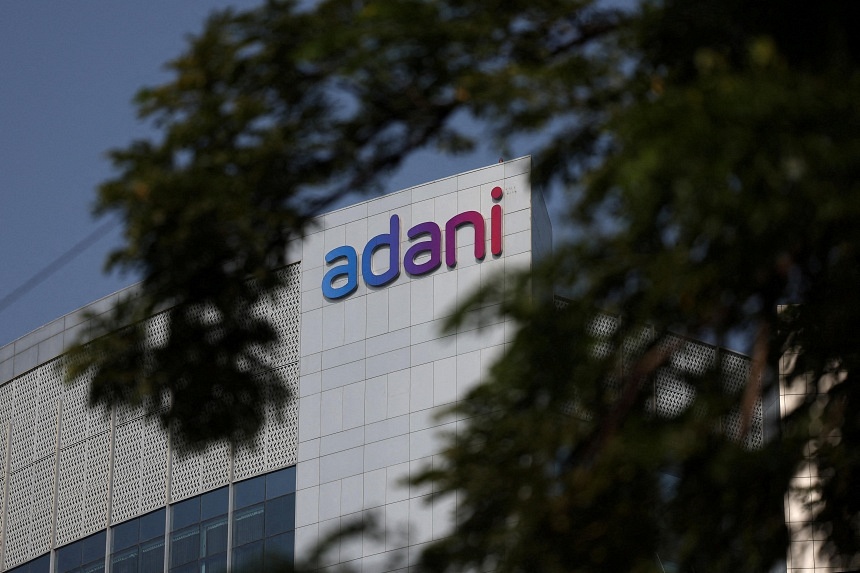The EU’s supply chain deal with Namibia amid a drive to reduce dependence on China may be benefiting Chinese firms instead, according to a policy brief.
The November 2022 agreement was the European Union’s first with an African nation. It was expected to help the bloc diversify its energy sources and gain access to critical raw materials (CRMs) for green technology as it seeks to boost industrial capacity and de-risk energy supply chains from China.
In turn, it would help mineral-rich Namibia to boost local value addition, create jobs, support industrialisation and earn foreign exchange, according to the report by the European Council on Foreign Relations think tank.
The EU has since signed similar deals with the Democratic Republic of Congo – the source of most of the world’s cobalt, copper-rich Zambia, as well as Rwanda, as the race for critical minerals and metals for the green energy transition intensifies.
The 27-nation bloc is also working with the United States to invest billions of dollars to develop the Lobito Corridor, a railway and logistics project connecting Zambia, the DRC and Angola, that would improve access to their critical mineral stores.

03:36
China restricts critical metal exports following Western semiconductor curbs in latest trade war
China restricts critical metal exports following Western semiconductor curbs in latest trade war
China dominates global production and processing of critical minerals such as cobalt, lithium and graphite, which are essential for making electric vehicle (EV) batteries, electronic equipment and solar panels.

 By South China Morning Post | Created at 2024-11-23 04:06:21 | Updated at 2024-11-23 07:17:16
3 hours ago
By South China Morning Post | Created at 2024-11-23 04:06:21 | Updated at 2024-11-23 07:17:16
3 hours ago








